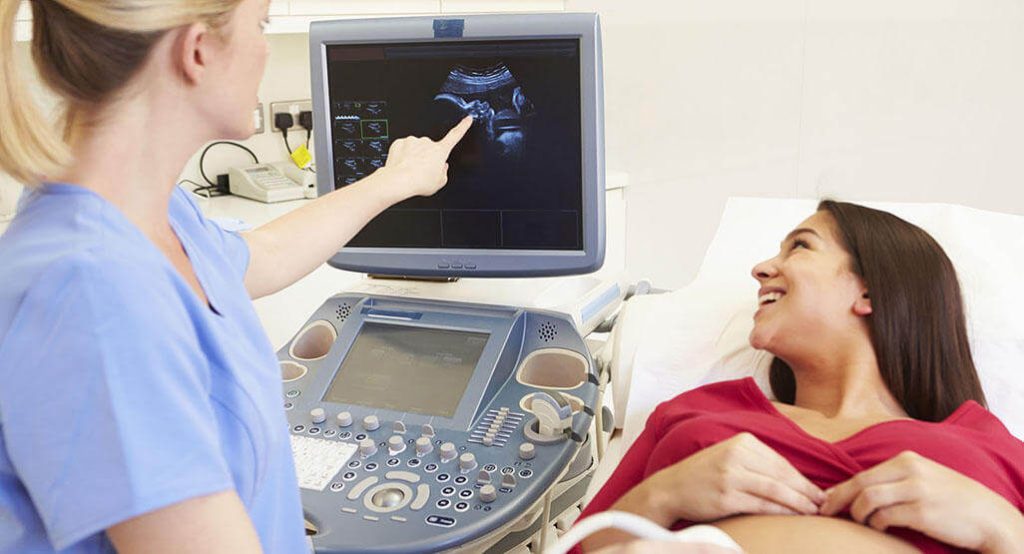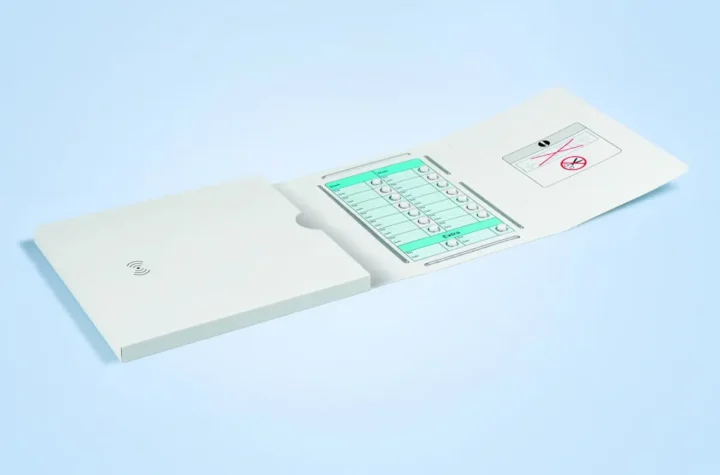
Pregnancy Scans
Pregnancy scans are vital to proper prenatal care. They provide expectant parents and healthcare providers with valuable insights into the health and development of the baby. These scans can be used to detect various health conditions, allowing for early intervention, appropriate management, and informed decision-making.
Ectopic Pregnancy
If a fertilized egg implants outside the uterus, it is called an ectopic pregnancy. These are often life-threatening if left undiagnosed and untreated. Ultrasound scans can identify the location of the pregnancy and detect signs of an ectopic pregnancy.
Miscarriage
A miscarriage is technically the loss of a pregnancy before 20 weeks. It can be emotionally devastating for expectant parents and the whole family. Ultrasound scans can help detect signs of an impending miscarriage, such as the absence of a fetal heartbeat or developmental abnormalities. Appropriate support and medical management can then be put in place for the parents.
Fetal Anomalies
Pregnancy scans play a crucial role in detecting fetal anomalies or structural abnormalities. Anomaly scans, typically performed around 18-22 weeks, assess the baby’s anatomy and development in detail. Early detection of fetal anomalies allows parents to make informed decisions about further diagnostic tests, treatment options, and specialized care. Private healthcare providers also offer NIPT and harmony testing in London to screen babies as early as 10 weeks to look for conditions such as Down’s and Edward’s syndromes.
Multiple Pregnancies
Ultrasound scans are excellent at detecting multiple pregnancies, such as twins, triplets, or higher-order multiples. With a scan, parents can see the number of babies, their positions, and the presence of any complications.
Placental Abnormalities
The placenta plays a vital role in supporting growth and development during pregnancy. Ultrasound scans can detect placental abnormalities, such as placenta previa (when the placenta partially or completely covers the cervix) or placental abruption (when the placenta separates from the uterine wall prematurely). These conditions require careful monitoring and may influence the delivery plan.
Growth Restriction
Ultrasound scans can identify intrauterine growth restriction (IUGR) cases where the baby is not growing at the expected rate. The medical professionals will examine the baby’s size, assess blood flow in the umbilical cord, and evaluate the amount of amniotic fluid. Early detection allows healthcare providers to intervene and give the baby the best chance of growth.
Preterm Labor
This is when a baby is born before 37 weeks of gestation, which greatly impacts the baby’s health. Ultrasound scans can identify signs of preterm labor, such as cervical length changes or changes in the position of the cervix, and again early warning means that precautions can be put into place.
Placental Insufficiency
Placental insufficiency is the term when the placenta cannot provide adequate oxygen and nutrients to the baby. Identifying this condition early on (or as early as possible) allows for close monitoring and intervention – in some cases, this will mean delivering the baby early.
Amniotic Fluid Abnormalities
Amniotic fluid surrounds the baby in the womb and protects and nourishes the fetus. Ultrasound scans can evaluate the volume and quality of amniotic fluid. Abnormalities in the amount or composition can indicate conditions such as polyhydramnios (excessive amniotic fluid) or oligohydramnios (low amniotic fluid). These conditions require monitoring and may affect the timing or method of delivery.
It is important to note that while ultrasound scans are an essential tool for detecting certain health conditions, they may not identify all potential issues or guarantee a completely accurate diagnosis. In some cases, additional tests or consultations with specialists may be required to confirm or further investigate any concerns.




More Stories
How to Select a Lightweight and Durable Transport Wheelchair
Key Considerations for Clinical Trial Packaging and Labeling
8 Reasons Why Moving Into A Care Home Can Be A Positive Thing